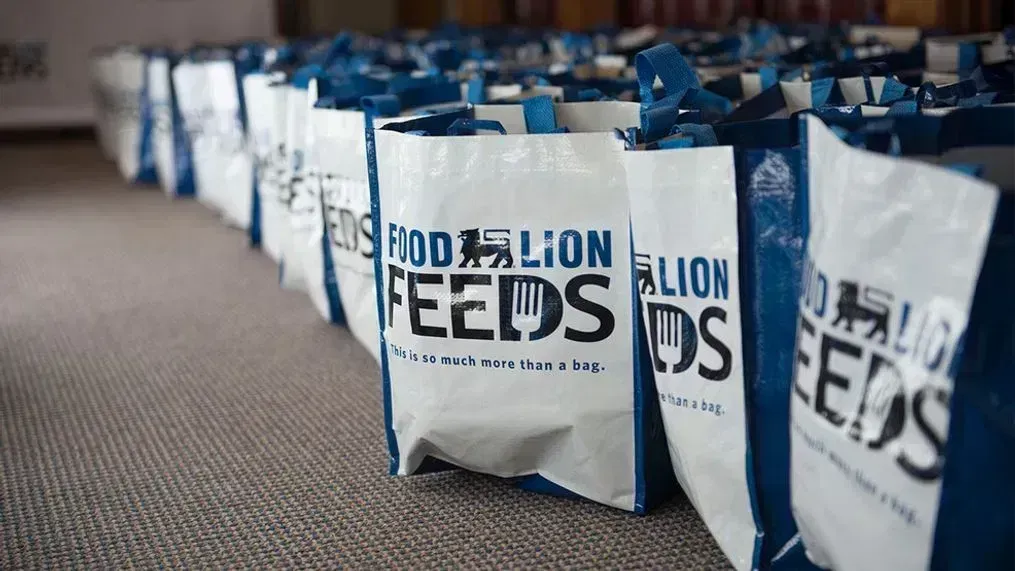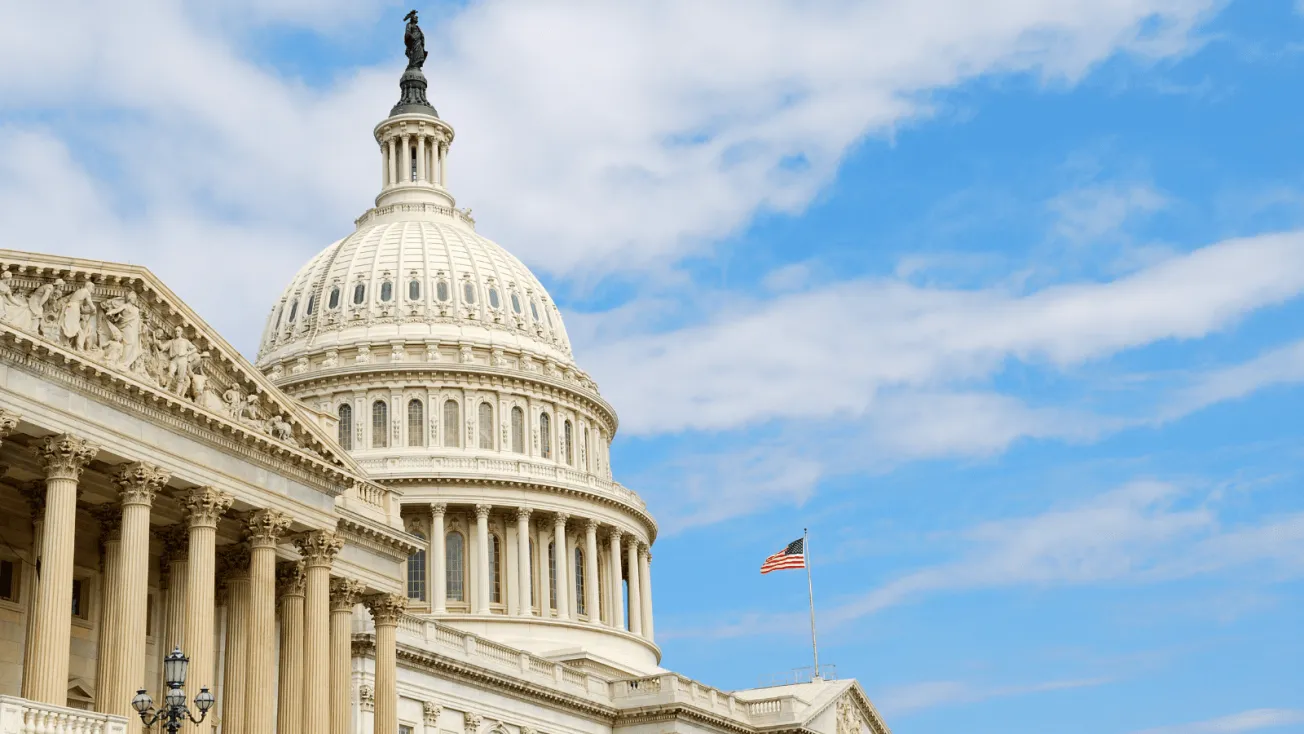BENTONVILLE, Ark. — Walmart is acting to ease supply chain bottlenecks by raising pay for first-year truck drivers and expanding a training program for employees who would like to become truckers.
Walmart announced this month it was boosting starting pay for drivers in its trucking fleet to between $95,000 and $100,000 a year. The retailer has made significant market-share gains during the pandemic, and maintaining those gains or extending them depends in part on Walmart’s ability to satisfy the demand despite kinks in the supply chain stemming from COVID-related disruptions.
Those problems are being exacerbated by recent declines in the truck-driving workforce.
Trucking companies in the United States lost about 80,000 drivers last year, according to the American Trucking Associations, which estimates that trucks move more than 70% of U.S. freight, much of it bound for retailers’ shelves.
Walmart employs 12,000 drives in its private fleet. The increase in starting pay is meant to ensure that Walmart “remains one of the best companies in the world to drive for,” according to a post on the company’s website from Fernando Cortes, senior vice president of transportation, and Karisa Sprague, senior vice president for supply chain people.
Cortes and Sprague said the inaugural Walmart Private Fleet Development Program provided 12 weeks of training to supply chain associates in Dallas and Dover, Del., allowing them to earn commercial driver’s licenses and join the Walmart fleet as drivers.
Of course, Walmart isn’t the only U.S. business beset by supply chain snafus. On behalf of its retailer and producer members, FMI – The Food Industry Association has thrown its weight behind a White House initiative to alleviate supply chain pressures.
“FMI is proud to serve as co-sponsor of the National Program Standard for trucking apprenticeships to bolster our industry’s efforts to hire and train the next generation of trucking professionals,” Leslie Sarasin, FMI’s president and chief executive officer, said in a statement. “Workforce shortages continue to hamper our food retailers, wholesalers and product suppliers, which makes for an ongoing challenge in delivering critical food and goods to American consumers. FMI appreciates the opportunity to serve as a liaison between our members and the [Biden] administration and FASTPORT to open avenues, such as the Drive Safe pilot, to attract new food industry professionals.”





